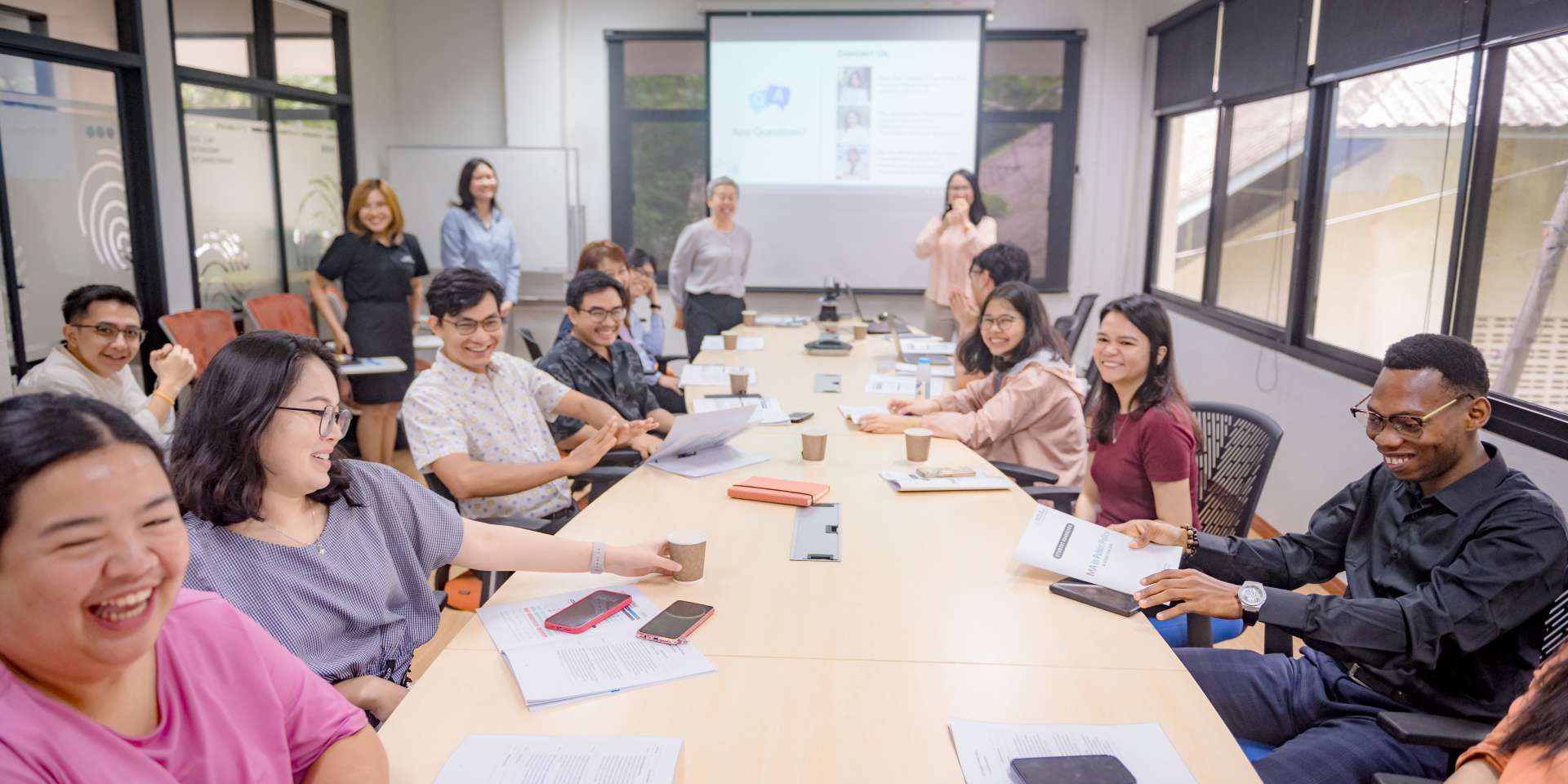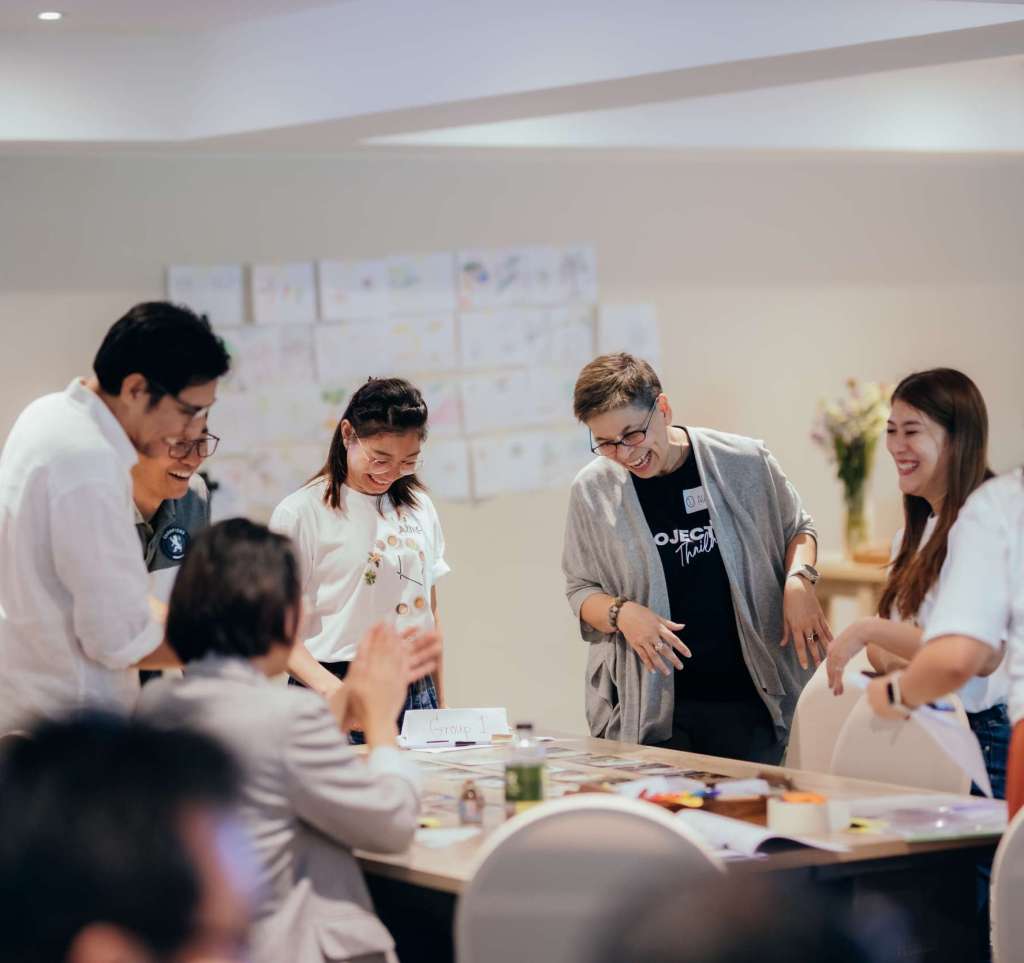We are welcoming action-oriented and self-motivated people who see themselves as different from the mainstream; this is while identifying with being part of a global citizenry. Those with extraordinary life experiences, such as from societally marginalized circumstances and therefore harness particular perspectives on development phenomena, are highly encouraged to enquire about our program.

Programs

Everyone can be policy-designers and impact public policies
Unique approach to public problems and policy generation
SPP is steering away from “we are producing the next generation of leaders” rhetoric and rather focusing on leadership development at all levels. We are pushing for data-driven and evidence based policy-making derived from deep understanding of the social contexts, and the narratives, encompassing public problems.
A typical public policy school program teaches fundamentals of politics, public administration, economics, and social science based theories. The academic programs that SPP offers also impart this knowledge. However, we uniquely blend society-based qualitative and science-supported quantitative methodology.
We are additionally focusing on the development and application of interdisciplinary, multi-level governance based, public policy action platforms. SPP’s students therefore interface with the realities of people’s history, communities’ socio-political structures, and belief systems. They become trained to see public problems systematically and analyze the root structures in-place that create real-world societal scenarios. They gain holistic understanding of how our human world works.

Hot Seat - Interview with Mr. Pushpanathan Sundram
Interviewer: Tell me a bit about yourself – background education, past, and current work experience.
Pushpanathan: I previously worked with the Singapore government for 8 years as an ASEAN Secretarial staff. Thereafter, I was promoted to ASEAN Regional Forum Director and later on became Director for External Relations. I was also elected to be the Deputy Director for Region Economic Community with the objective of developing a framework for the ASEAN Economic Community and I was first one to be appointed as Deputy Secretary General. After, I then moved to the private sector to become MD of a European Consultancy Company and I am currently a Senior Director for a top 20 pharmaceutical company in the world.
Interviewer: What motivated you to pursue Ph.D. in public policy? And what attracted you to CMU-SPP?
Pushpanathan: The reason I decided to do this is because of a strong willingness to pursue a PhD after finishing my master’s degree at Lee Kuan Yew School a few years ago. But at that time I was busy handling work and family life so I did not have opportunity to get back in to studying. Eventually, I made the decision to do my PhD in order to help contribute to ASEAN again. I envisioned myself to be an academician and a practitioner in contributing to the growth and development of the ASEAN community due to the rich experiences I had in both the public and private sectors. Another motive was that there were a lot of scholars in politics rather than in the public policy area. That’s why I want to contribute more to the public policy in order to support the regional development. I expect the School of Public Policy can help provide everything for me to be trained in public policy, and to be able to do research and work here in public policy and contribute to the ASEAN region.
Interviewer: Can you explain a little about your the course you are currently enrolled in with CMU-SPP?
Pushpanathan: Currently, I’m enrolled in a PhD program which is a thesis track. It’s a good opportunity for me because I can still continue to work, at the same time whilst doing my PhD. So, I’m managing being able to balance both working and doing a PhD. It is a bit challenging but all its really all about managing time. I find the program supports me to complete my PhD because I find this an opportunity both to work and study.
Interviewer: What are your expectations about doing PhD program?
Pushpanathan: My main expectation is that I would like to strengthen my understanding of theory and comprehensive framework within public policy because it is important for any person dealing within public policy to have a clear understand of the theory first. So, as a practitioner, I didn’t have an opportunity to understand the public policy theory. With this PhD, I have a good opportunity to understand various theories on how to build policy using that particular framework to be more constructive in terms of making recommendation and proposals in public policy space and ASEAN. Therefore, I can envisage myself becoming a public policy specialist focusing on ASEAN.
Interviewer: What advice can you provide to potential PhD students interested in studying at CMU-SPP?
Pushpanathan: First and foremost, it’s critical to have a clear understanding of what you really want. Public Policy is one of the many areas under political science and comparative politics. So, it’s important to know what students need to do in order to specialise in studying in public policy. Second, a student must be 100 percent committed to pursuing a Ph.D because it is essential to do research and reading extensively. Student must find time to study, and be able to manage other such as family and work from the start to finish. It’s impossible to get the best of everything so being able to make sacrifices is also key. Another thing to remember is to start early. Starting early will enable you to narrow your PhD thesis, try talking to experts at the university, meet the right professors, talking to them and working with them in order to start building a thesis.

